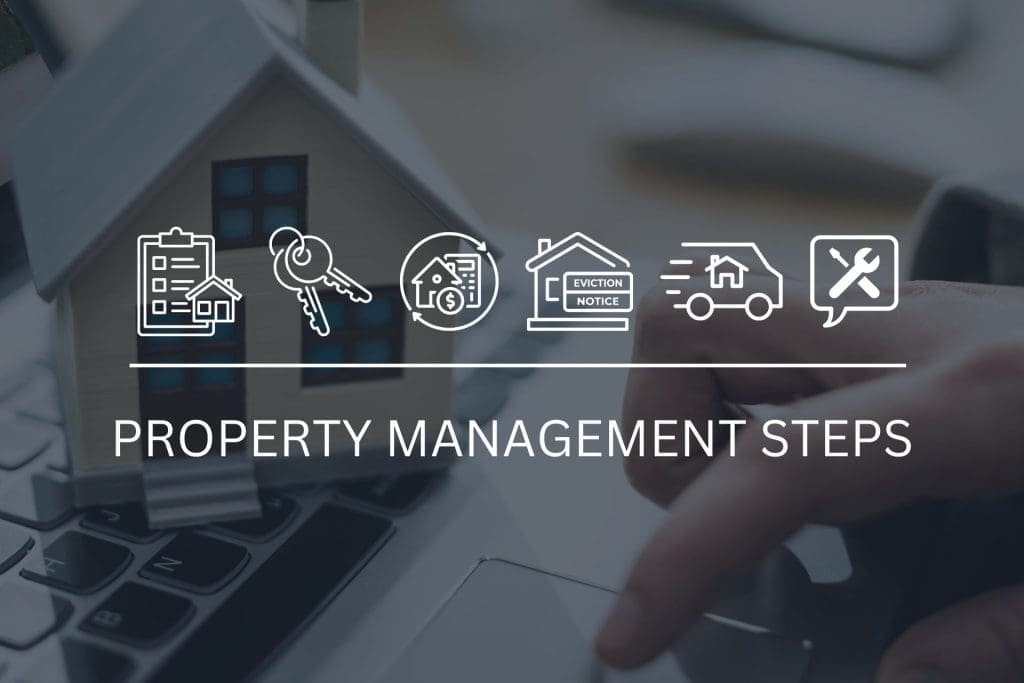It is a new year for rental owners and landlords — one that comes with several changes, some ambiguity, and a couple of challenging and unique circumstances. If you earn a major portion of your income through real estate investing or are a rental property owner, you may be feeling a little uneasy.
You may be wondering whether you should plow forward like you would any year, purchasing a rental property and seeking out tenants. However, you may have to make some adjustments in order to appeal to today’s ever-changing laws and renters.
There is no doubt that becoming a landlord can bring a plethora of legal risks and issues, and you will need legal advice to determine the best course of action. It is best to work with a licensed and experienced Austin property management company (such as ourselves – 1836 Property Management), and have them on speed dial to help you mitigate your risk.
Not only will your property management team be there to guide you every step of the way, but they’ve spent years cultivating relationships with their vendors and partners to step-in and assist in areas where they aren’t necessarily the subject matter expert – such as legal considerations.
During one of our monthly webinar recordings, we spoke with our legal partner, Colin Newberry, Sr. Associate Attorney at Hay Legal Group, to discuss 2021 Legal Updates that all rental property owners need to be aware of. Below we’ve outlined some of the highlights from that conversation.
Housing Regulations Regarding Evictions
Eviction prevention, as well as homeless programs, support many low-income tenants in Texas with emergency grants for rent and utilities, legal assistance, and alternate housing. As a landlord, you should be aware of the Austin-Travis County Eviction Moratorium on residential evictions. It was enacted by authorities because of COVID-19. It has been extended several times over the last couple of months as the health pandemic continues. This moratorium has protected tenants who can’t pay rent, allowing them to stay in their homes.
This moratorium prohibits landlords from issuing notices to vacate except in specific circumstances, such as violence, threats, destruction of property, removing property, and locking out tenants. This order extends through April 1, 2021.
Also, keep in mind that the eviction moratorium issued by the Centers for Disease Control and Prevention (CDC) protects renters from eviction if they are not able to pay rent and also make less than $99,000.
Your tents have to prove a couple of things, such as substantial loss of income or job loss, and they have to make serious efforts to apply for governmental rent assistance.
This is why you have to be choosy and very particular about any new tenants that you take on. You should verify their employment and make sure they are in a long-term and resilient job. It is also your responsibility to check their credit in order to make sure they are financially responsible. No one wants to be stuck with an irresponsible or non-paying tenant they can’t evict.
Follow all Procedures and Laws for Evicting a Tenant
You may know that state laws specify how and when a landlord can terminate a tenancy. Any failure to follow all the legal rules and regulations may result in delays in terminating a tenancy. For example, in Texas, you must give your tenant who hasn’t paid rent 3 days’ notice prior to starting eviction procedures.
Considerations Regarding Emergency Maintenance Situations and Repairs
As a landlord or rental property owner, you have a duty to keep a home habitable. Note that this includes:
- Making sure electrical and plumbing systems work and are safe
- Keeping the structure watertight, sound, and hazard-free
- Providing reasonable amounts of hot water in accordance with the lease; and
- Exterminating vermin — unless your tenants created the nuisance, perhaps because of poor housekeeping
However, keep in mind that minor repairs and maintenance can often be the subject of contentious disputes. For example, you probably won’t be obliged to perform purely cosmetic work, like replacing stained carpets or repainting interiors. Also, you might be able to clarify what is and what isn’t your responsibility in the lease.
Do remember, however, that you might still be subject to many local laws and regulations. And your tenant may end up reporting you to the local housing or building agency unless you keep the property up to code.
But when it comes to emergency maintenance, there are a few “rules” you should follow:
- Always answer your tenant’s call promptly to figure out how severe the situation is.
- If your tenant is truly having an emergency maintenance situation, act quickly. Not only are you legally obligated to do so, but it’s morally the right thing to do and is in the best interest of the longevity of your property.
- Always keep your trusted, licensed and experienced maintenance service provider on speed dial. Now is not the time to shop around for the best price. Your tenant and your property are going to need the situation remedied immediately (or as soon as humanly possible).
Note: Though it may not be your obligation to replace cosmetic items on your property, you might consider doing so anyway. Why? Well, simply put, providing a nice home for your tenant may mean the difference between someone that stays in contract year-after-year and numerous vacancies.
Tips to Reduce Risk and Avoid Costly Litigations
Utilizing an LLC
Perhaps you have been a property owner for some time and have multiple rental properties, or maybe you are managing various tenants in your first rental property. In both cases, you might have wondered whether it makes sense to create a corporate structure for the rental property.
Note that an LLC (limited liability company) is a business structure. You may create an LLC on your own or with your partner. As an Austin landlord, you may be operating as a sole proprietor, meaning there’s no divide between your personal income and rental income.
However, note that this could be problematic if you ever run into any legal issues, and your personal assets, such as your home, could be at risk. Incorporation is a sound move as it turns your business into a corporation, separating your personal income from rental income.
Keep in mind that as a separate legal entity, a corporation restricts the liability of its owners. As a result, in the event your corporation has legal troubles or incurs a debt, you are not held personally responsible for these debts.
If you own your rental property as an individual and somebody files a suit against you, your personal assets, such as your car, are at stake. In contrast, if you create an LLC, note that the only assets at stake are those that the LLC owns.
Insurance
When you become a landlord, you will have to manage new legal liabilities. The best way to protect yourself from these liabilities is to get insurance. However, note that just as with homeowner’s insurance, it is easy to purchase more insurance coverage than you actually need. So make sure that you do not pay too much. It is best to get multiple quotes.
You should do a cost-benefit analysis in order to decide which risks you are prepared to take yourself and which ones you would like your insurer to cover.
Partner with a Professional Property Manager
Buying and managing a rental property can provide you with a stable source of income and help you reach your long-term financial goals. However, like any investment, it is important to know and understand what you’re getting into before, or even after, you buy. This is why it makes sense to hire a professional property manager.
While this year is shaping up to be quite a challenging one for real estate investors, with the right strategy and experienced property manager partner at your side, it can also be a successful one.
Learn specific details about 2021 Real Estate Investing Legal Considerations from our webinar discussion in the recording below!
[embedyt] https://www.youtube.com/watch?v=yu9a71j4tBY[/embedyt]
By: Kayla Gonzales, 1836PM Marketing Manager







